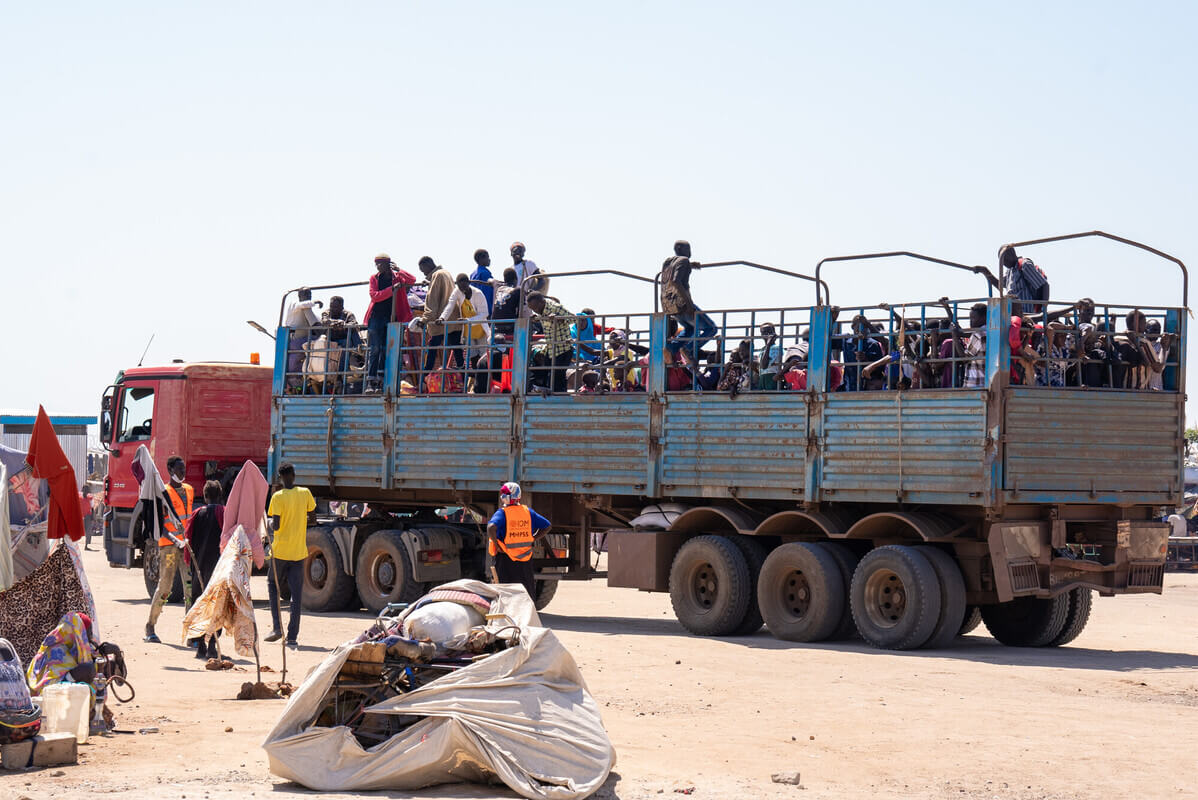Campaigners, NGO’s and the governments of nations most at risk have once again been disappointed by the outcomes (or lack thereof) from this week’s round of G20 meetings.
The continual failure of governments to make a strong and binding commitment is rather astounding given that CSIRO’s latest scientific reports are showing that we are on track for worst case scenarios predicted by the International Panel On Climate Change Report 2007.
Climate Change policy making at the international level is revealing the way in which governments are increasingly behaving like businesses, with profiteering and self interest driving their individual decision making.
So why is it that governments are now engaged in this self interested way? The answer – money !
Governments of developed countries have over the last thirty years privatized the national assets, which has created a phenomenal shift in the global economic situation. While once the bulk of the world’s wealth was controlled by governments it is now the case that the bulk of the world’s wealth is controlled by corporations – currently of the world’s largest 150 economies, 95 corporations and 55 are countries.
Those governments who have sold their national infrastructure for one giant splash of cash have left themselves no other revenue available to use than what can be raised in taxes. While individual taxes make governments money, the vast majority of the income of a country is derived from corporate taxes and foreign investment.
As a result we are seeing that countries want to act, both on climate change mitigation and on ways in which they could raise climate change adaptation funding – but fear of driving the powerful corporate dollar overseas to another country (customer) not implementing the same level of taxes and regulation prevents them from doing so.
The way in which national governments are behaving is largely representative of business offering lowest possible rates to win tenders and contracts and is resulting in destructive competition on a global scale. Destructive competition has always been regarded of a failure of the market, but now as we see governments behaving like business we are seeing this failure impacting on the public sector to the detriment of the whole of humanity.
The G20‘s failure to reach agreement on the Robin Hood style tax on financial transactions is a major blow to sourcing the money desperately needed to help those communities working to overcome climate change impacts.
The Robin Hood tax is a tiny tax aimed at speculative trading, derivatives and bonds (not everyday banking transactions) and would raise billions of dollars for climate change adaptation and poverty reduction around the globe.
The failure of the international community to reach agreement is disappointing but it is not the end of the road – you can let the Australian government know that you want them to support this tax at the next round of G20 meetings by taking action.


